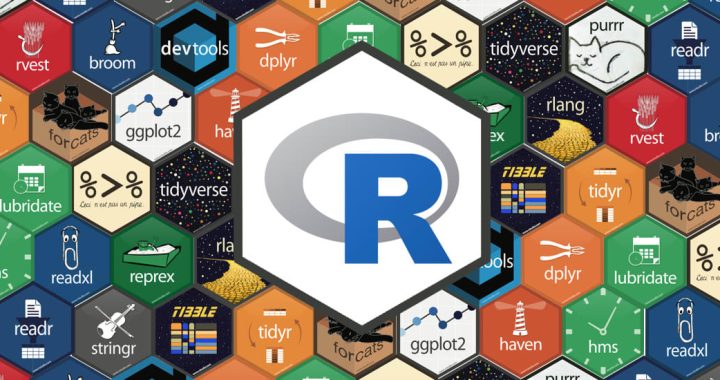A Few of my Favourite Things
Not posts about raindrops on roses and whiskers on kittens, but about how some of my favourite things (shows, books, etc.) can be related to statistics and operations research.
-
The Tidyverse: the best* -verse for data scientist

Reading Time: 4 minutesThis post is by no means a tutorial for the tidyverse. Nor is it an introduction to these packages or style of coding using R. Instead, this is just a compilation of my favourite features of the packages that will hopefully convince you of its power and convert you to the tidy…
-
A new reality TV show idea: the Stable Marriage algorithm

Reading Time: 3 minutesAs a hopeful romantic, a believer in the principle of marriage and a lover of dating reality TV, I was immediately intrigued by this problem and solution. So to celebrate Valentine’s Day I thought it would be fitting to look at the stable marriage problem.
Random Research
During my university years, I’ve learnt about quite a few different topics. These posts are about randomly* selected topics that I’ve researched over the years. (*Not really random)
-
Metric Learning For Simulation Analytics

Reading Time: 5 minutesThe idea of simulation analytics was first described by Barry Nelson. It is not just “saving all the simulation data” and then applying modern data-analysis tools. In this post, we look at this emerging field.
-
Fighting in the Karate Club: Stochastic block models

Reading Time: 5 minutesMany situations can be represented as networks to describe the social, physical and other structures where interactions between pairs of units are observed. Stochastic block models (SBMs) are a class of random graph models which are widely studied and popular for statistical analysis of networks. In this blog, we discuss SBMs using…
-
Lead (probably not) in my water: zero-inflated models

Reading Time: 5 minutesIt’s interesting that there are some problems that the younger generation, if they even know it exists, assume have been dealt with completely. That’s what I thought about lead piping. Yet the University of Edinburgh and Scottish Water have ongoing research related to this.

